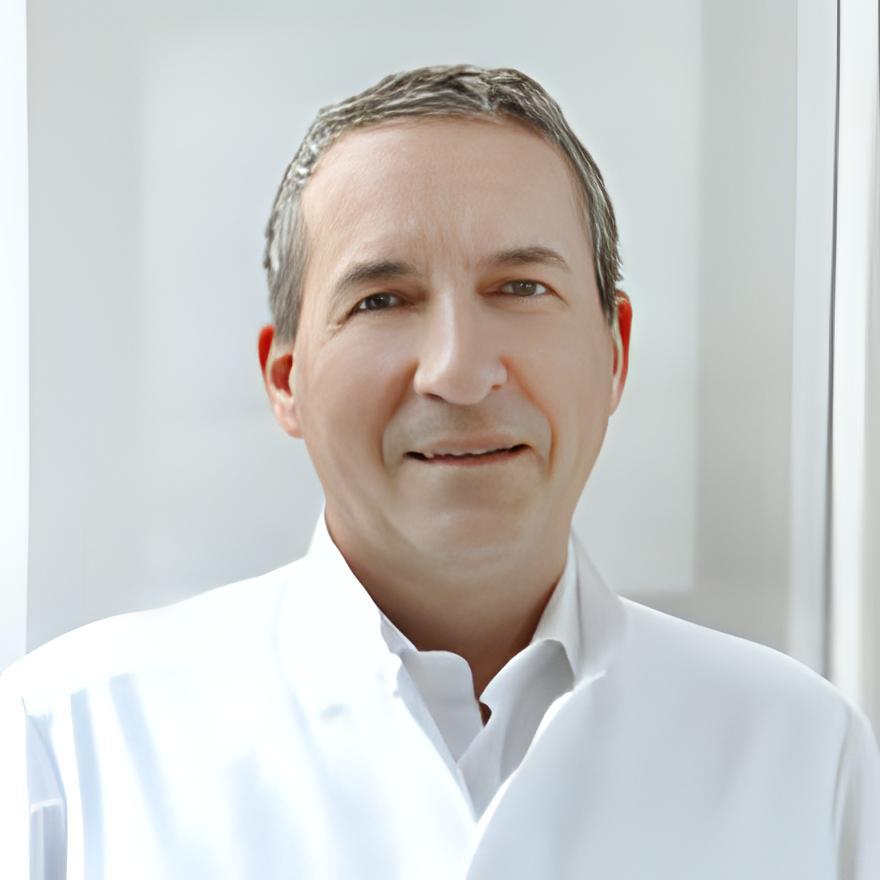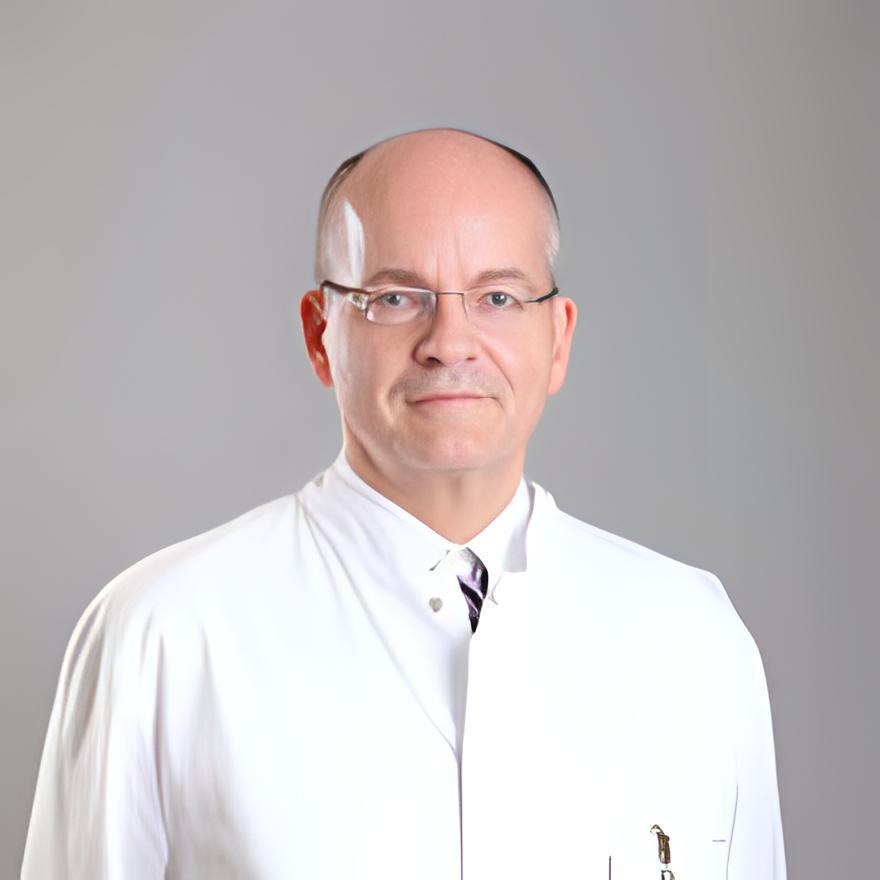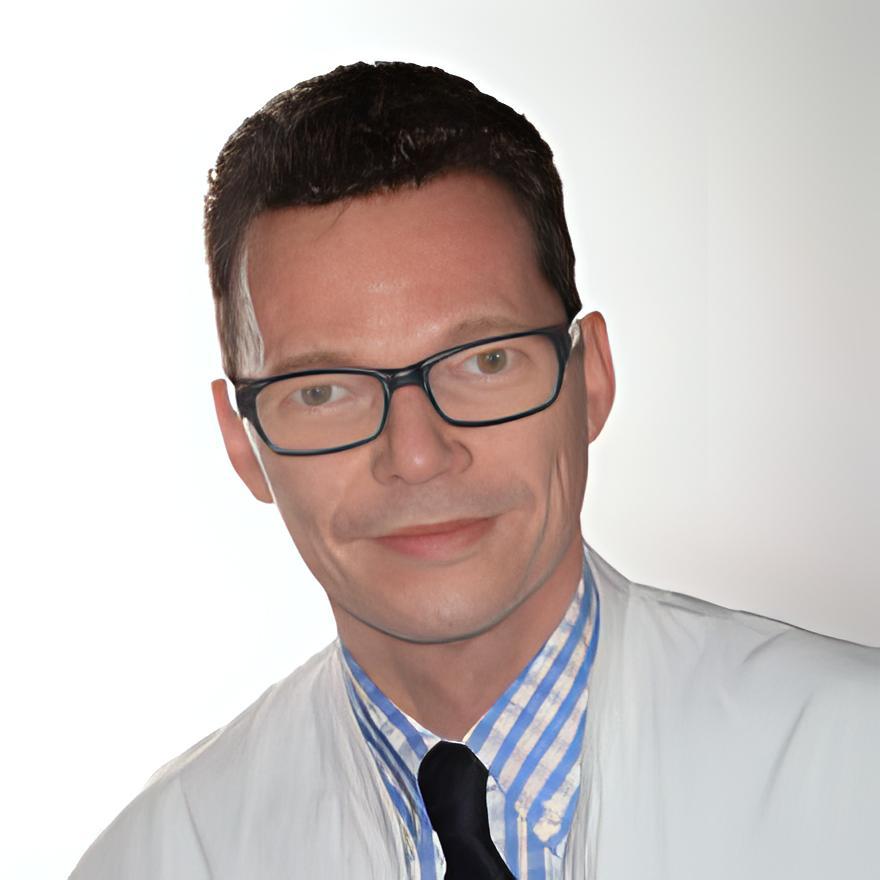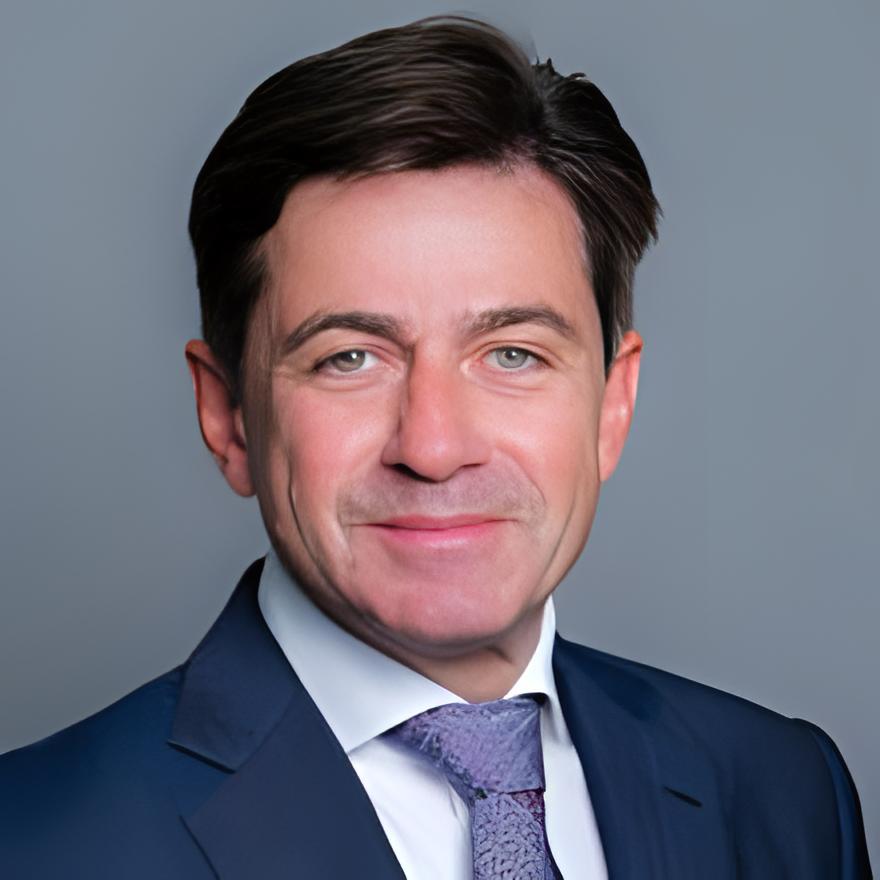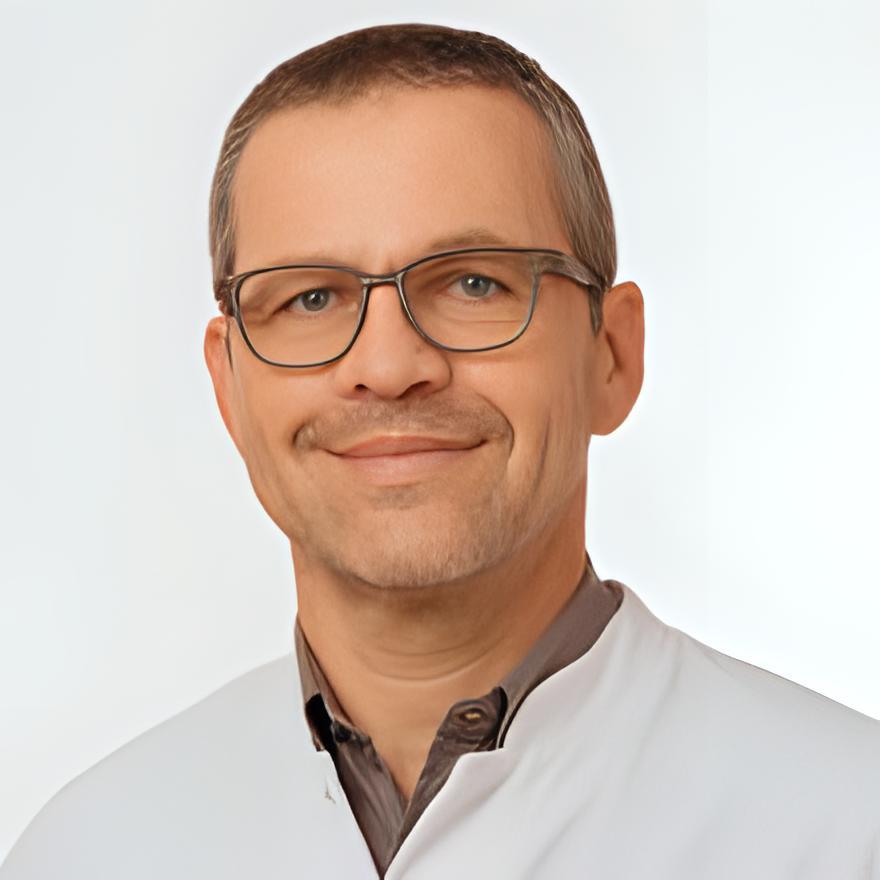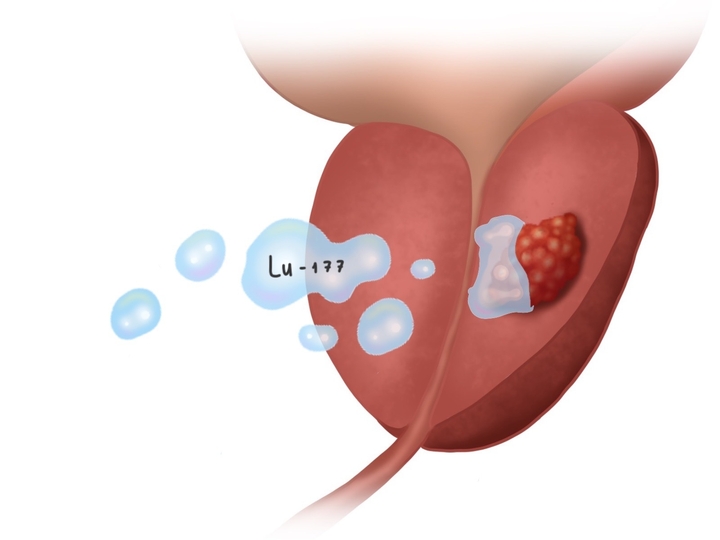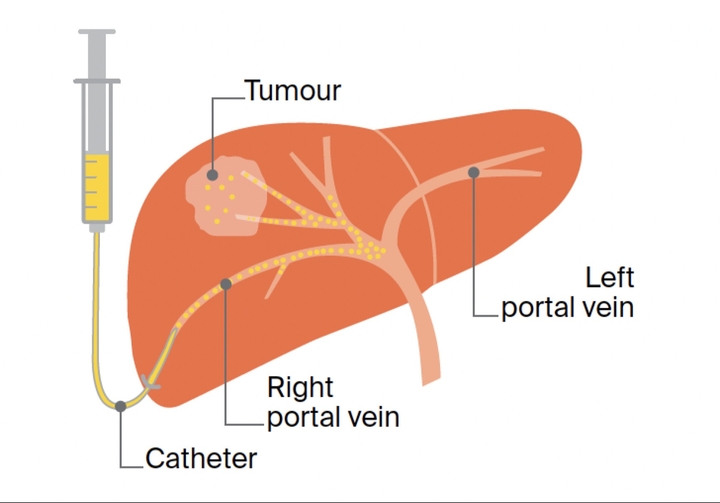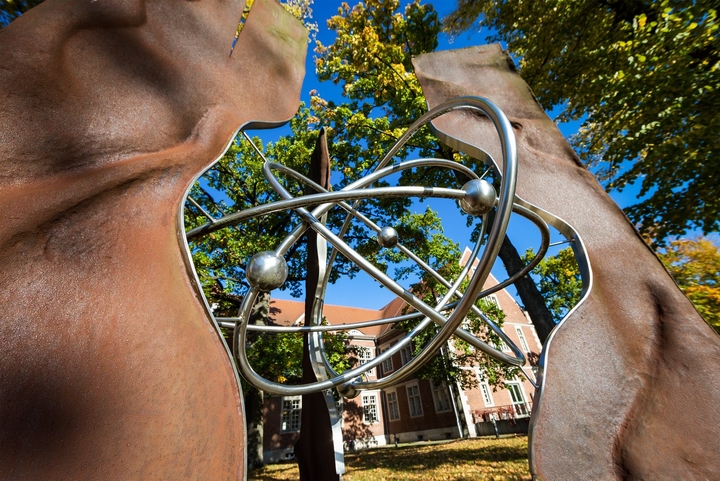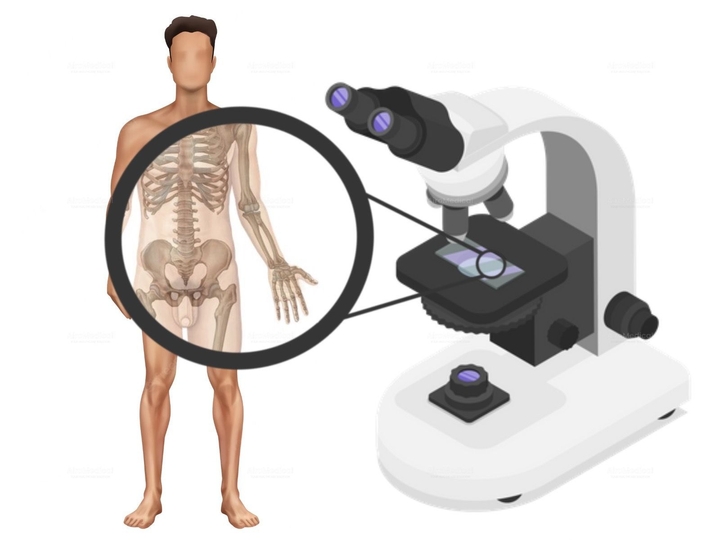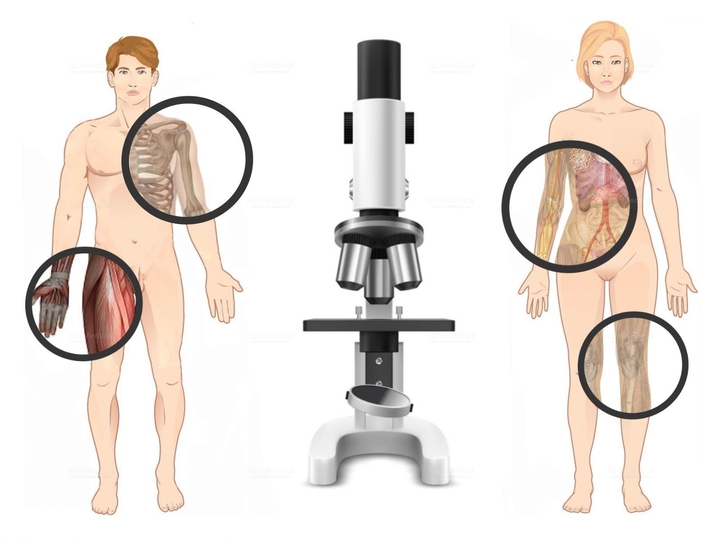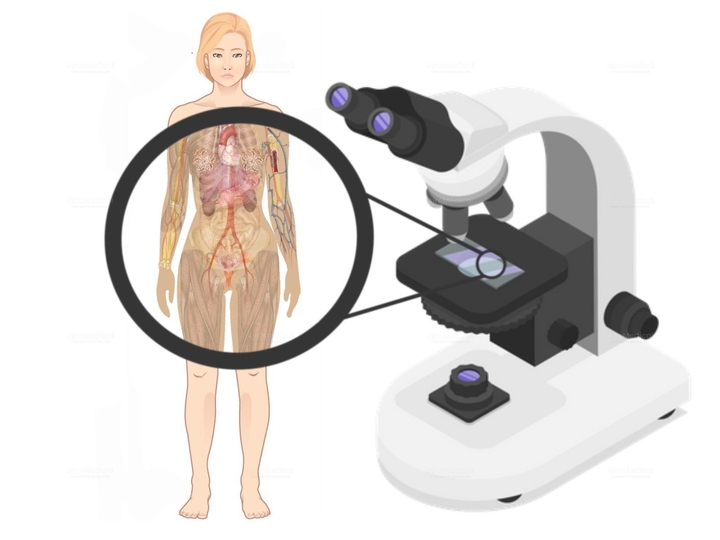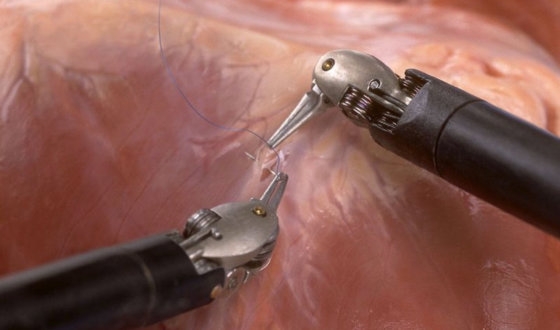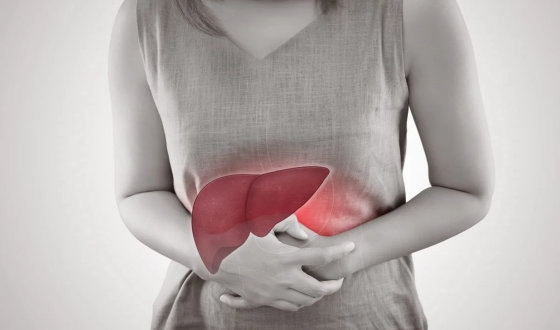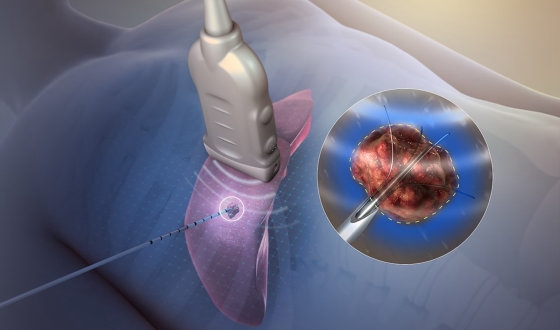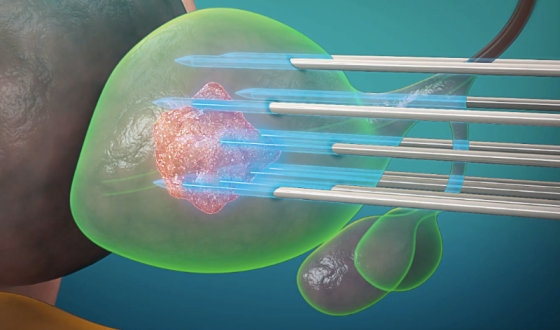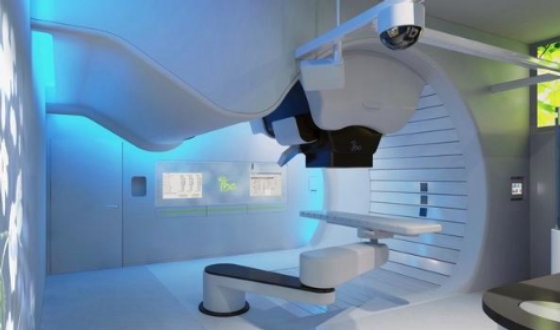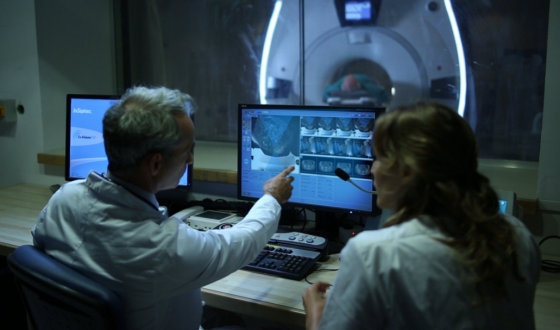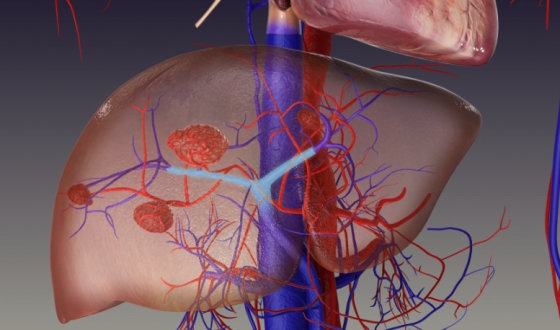Oncology (Cancer Treatment) Worldwide: Best Hospitals, Doctors, Options, & Cost
A cancer diagnosis is a considerable challenge and can change anything. Leaving home and looking for cancer treatments abroad can be an additional adversity.
We discuss looking for the "right" medical center and an oncologist, comparing prices, shorting waiting times, and choosing the best available cancer treatment option for you. At the same time, we are concerned about the additional difficulties that international patients face and help to avoid them.
Looking for the right hospital abroad on our platform is easy and convenient. You can apply for treatment at multiple clinics at once. Careful planning and coordination with our support system make looking for a hospital for cancer treatments abroad more accessible and comfortable.
Best oncology clinics worldwide
How to find the right cancer treatment center?
When selecting a clinic for oncology treatment, choosing an institution that stays current with the latest advancements is crucial. Cancer treatment technologies are rapidly advancing, with even rare forms of oncology, such as lung or pancreatic cancer, now treatable. Therefore, it's essential to consider the hospital's specialization and level of care when choosing a treatment facility.
It's crucial to research the doctor's qualifications, including their experience treating your specific diagnosis and their treatment methods. While hospital certificates and awards are less important, selecting a hospital that meets oncological care standards is vital.
If you're choosing a medical center, you must check the treatment options available to ensure early detection and treatment of tumors. It's also helpful to gather information about the quality of service, patient focus, and psychological support offered by the clinic to find the best fit for you.
Top doctors for cancer treatment worldwide
What helps to select the right cancer doctor?
When searching for a famous cancer doctor, cancer patients often seek recommendations from others who have undergone treatment. But when evaluating an oncologist's work, relying on something other than strangers' feedback is essential.
Important factors include specialization, experience, qualifications, reviews, number of operations (for oncology surgeons), success rates, and personal qualities, such as empathy. To determine if a doctor meets these standards, scheduling an initial in-person or online consultation is recommended. It is crucial to note that medical oncologists must possess exceptional diagnostic skills. Mistakes in cancer treatment can have irreversible consequences, which is why the doctor must prescribe necessary tests before determining appropriate procedures and medications.
The best cancer doctors in the world and other specialists have personal profiles on our platform. Plus, you can easily schedule an appointment with a doctor without leaving your home's comfort. Trust AiroMedical to help you find the care you need.
Modern cancer diagnosis
Diagnosis for cancer in another country refers to seeking medical evaluation and testing for cancer outside one's home country. Some people choose to receive a cancer diagnosis abroad for various reasons. Among them is access to specialized medical care. Shorter wait times for diagnostic testing and an opportunity to lower the level of care oncology clinic costs are also motivations.
Why do patients consider medical travel for diagnosis?
There may be additional reasons to consider when looking for a cancer diagnosis overseas. Take, for instance:
Treatment success depends on how quickly and accurately a diagnosis is made. The tumor's location, spread, and the patient's genetic vulnerabilities to non-surgical treatments determine the best action for an effective therapy that minimizes the impact on the patient's quality of life.
Making a mistake can have severe consequences as a malignant tumor can transition from the first stage to the fourth, where cancer spreads to other body parts in just a few weeks.
Latest cancer screening options
Third-world medicine is plagued by inaccurate diagnostics, which is not the case in the best clinics abroad. A correct diagnosis is crucial in determining a tumor's type, size, and location and deciding which treatment strategy will be effective with minimal risks.
AiroMedical provides reliable and comprehensive assistance in the field of oncology to achieve the best possible results.
Top offers
Advanced treatment solutions in oncology
They refer to state-of-the-art technologies, therapies, and approaches to treating neoplasms. Oncology treatment options may include targeted therapies, immunotherapies, chemotherapy, radiation therapy, less-invasive surgery, and other cancer treatments abroad.
They are designed to kill or control the growth of cancer cells and, at the same time, have fewer impacts on healthy tissue.
Latest cancer treatment approaches
These are a few examples of oncology's advanced solutions. It's important to note that the most appropriate cancer treatment abroad for a particular person will depend on many factors. They include the type and stage of cancer, the person's overall health and medical history, and other considerations, such as a particular hospital or medical center.
More examples of innovative ways to treat cancer
In addition, doctors offer hyperthermic intrathoracic surgery (HITHOC) that world on the same principles but for the chest.
Cost for cancer treatment worldwide
Cancer treatment€250 - 412,540
Advantages of medical travel
It refers to people traveling to other countries to receive oncology medical care. There are a few potential pros to seeking a foreign hospital for cancer treatment:
Benefits of medical tourism for oncology
Trusted medical travel companies provide high-quality medical care in oncology. They consider the overall price of the oncology treatment, including any travel and accommodation expenses. They coordinate all oncology diagnostics and maintenance, operate ethically, and follow all relevant laws and regulations.
AiroMedical has all the above benefits for adult and pediatric cancer treatment. Because of our approach, we cut the time by 3–4 times from the request to the start in the hospital. It is faster than 99% of the TOP medical booking services. Contact us, and let us help.
How AiroMedical can help you
Read more in our blogs
FAQ
What are the best clinics for Cancer Treatment?
Who are the best doctors for Cancer Treatment?
Prof. Dr. med. Jurgen Gschwend from
University Hospital Rechts der Isar Munich
Prof. Dr. med. Thomas Vogl from
University Hospital Frankfurt am Main
Dr. med. Anett Tillmann, MBA from
Bundeswehr Hospital Berlin
Prof. Dr. med. Markus Braun-Falco from
Dermatology Centre Prof. Braun-Falco Munich
Prof. Dr. med. Roland Ladurner from
Martha-Maria Hospital Munich






